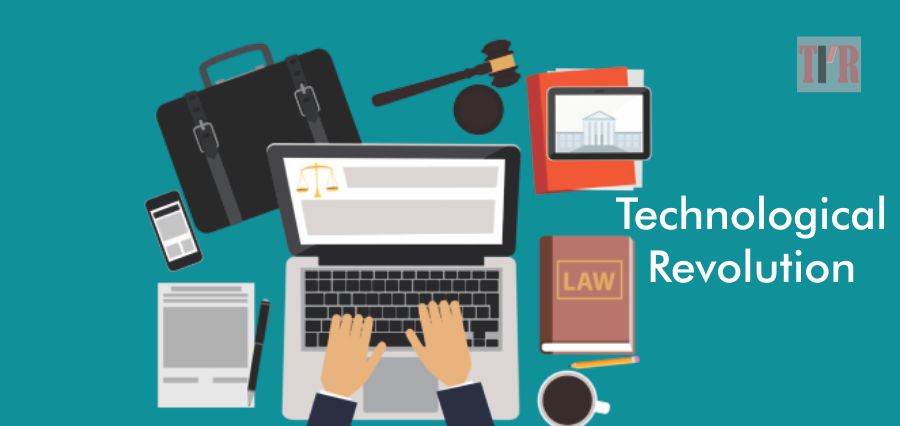Technological advancements have transformed the way we perform our day-to-day activities. These advancements help us in doing things better and faster, while spending less money. They have revolutionized the way we work and are bringing in even more changes each passing day. Modern computer technologies have made things easier for us. We have witnessed how technologies like automation and AI have impacted various businesses.
The legal sector has been highly affected by the advent of smartphones, tablets, Wi-Fi and cloud computing. When we look back a few years, we can realize that there has been a considerable change in legal practices and the approaches of the legal sector. Recent research states that technology has refurbished the management of law firms and corporate legal departments, relationships with clients, and practice of law.
The Groundbreaking Impact of Social Media
Professionals in the legal sector are exploring high-tech tools and innovative procedures to enhance their performance and properly manage their careers. There are many lawyers and attorneys who are skeptic about embracing social media because of concerns related to privacy of client information. But still, there are many attorneys and paralegals who are increasingly using social media to expand their networks, develop new business opportunities, and interact with clients.
Legal Professionals of the 21st Century
Legal professionals of this modern era are surrounded by smartphones, tablets, computers, and cloud-based tools. They carry all the necessary information/data like files, documents, scanned images, and legal dictionaries, in their electronic devices and data drives. This portability helps lawyers to access data anywhere and anytime. They can work from remote places and also interact with their clients from home, while travelling, or from other public places.
Modern technology has also enhanced communication of lawyers with their clients. Communication and response times have been shortened with tools like e-mail, texting, and videoconferencing. With the advent of these modern tools, many clients also expect immediate responses to their messages. With the cutting-edge technology in their reach, the lawyers of this modern era can use them strategically and judiciously to provide the best-possible client service.
Law firms are nowadays implementing various technologies to enhance their operations and activities, reduce expenses, and improve customer service. Many legal firms are providing services online. They are also incorporating technologies like cloud computing for knowledge management, storing documents, powerful searches, budgeting, planning, time management, docket management, and invoicing. E-billing is also becoming popular among clients; they are now demanding for e-bills from the lawyers/firms. Moreover, e-discovery has also emerged as an opportunity and a challenge for firms and legal departments, as there is a drastic increase in the volume of electronic data that is needed to be managed and stored.
Towards the Future
Modern innovations in technology are emerging every year, and firms are implementing them to their advantage. Clients also demand quality service from their lawyers and expect them to use technology efficiently. They want value, speed, and innovation from the lawyers. In the days to come, future automation will be used to perform tasks that are time consuming, expensive, and currently performed by humans. Moreover, further automation will help law firms to be more innovative in providing service to their clients. Lawyers will be able to concentrate on providing their expert legal advice and services to their clients, instead of being involved in time consuming administrative activities.
The advancements and technological developments have reshaped the criteria law firms use to hire legal professionals. Some of the most techno-savvy candidates, particularly in the field of litigation and e-discovery have a competitive edge in the job market these days. Lawyers and other legal professionals should have the proper knowledge of the latest soft wares, tools and systems to perform their tasks, interact with the clients, and deal with the cases.
Legal professionals will have to be well acquainted with the latest developments and constantly evaluate how to properly utilize the latest devices to perform the work more efficiently and deliver quality service to the clients. They will also have to gain experience and be prepared for working in high-demand areas like litigation and e-discovery. Professionals will have to learn, explore, and experiment with technology in order to contend and excel in this age of cut-throat competition.
Technological competence has now become a matter of utmost importance. It should now be at the forefront of the professionals’ minds. Lawyers have to be tech-savvy as it is becoming increasingly difficult to practice law without proper knowledge and understanding of technology.
Lawyers have to be innovative and should accept and adopt the latest developments in this fast changing legal sector. They should always be alert and aware of the opportunities that technology may bring with it for the present and the future.









